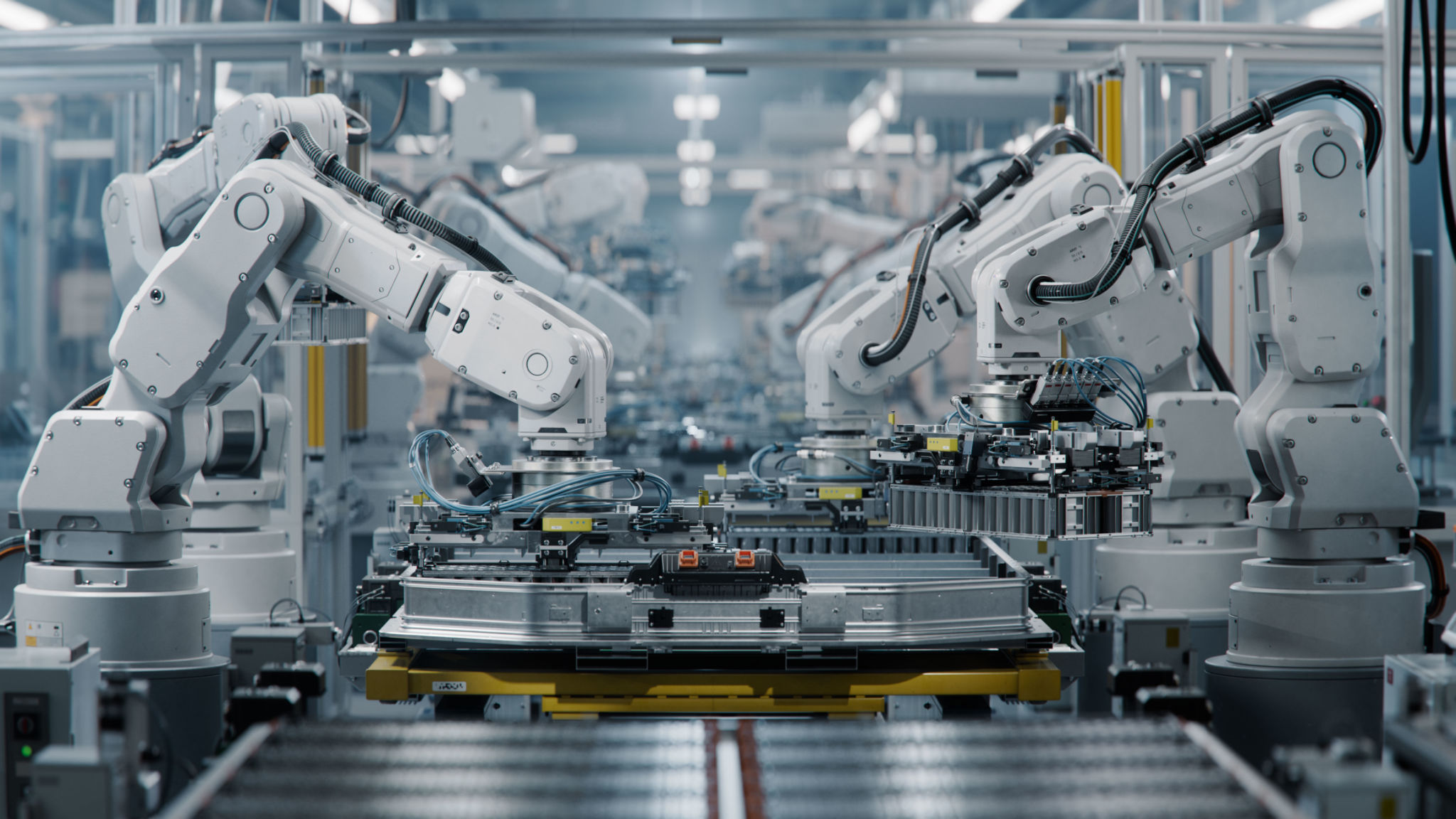The Future of AI Automation: Trends Impacting New Zealand Businesses
In recent years, artificial intelligence (AI) automation has become a transformative force in the business landscape, offering a plethora of opportunities for growth and efficiency. In New Zealand, businesses are increasingly adopting AI technologies to stay competitive and innovative. As we look to the future, several key trends in AI automation are expected to shape the way New Zealand companies operate.
Enhancing Operational Efficiency
One of the most significant impacts of AI automation is its ability to enhance operational efficiency. By automating routine tasks, businesses can reduce human error, save time, and allocate resources more effectively. This trend is particularly beneficial for sectors like manufacturing and logistics, where AI-driven systems can optimize supply chains and improve production schedules.

Moreover, AI-powered analytics tools can help businesses gain insights into operational processes, enabling data-driven decision-making. As these technologies continue to evolve, New Zealand businesses will likely see increased productivity and streamlined operations.
Transforming Customer Experience
AI automation is also revolutionizing customer experience in New Zealand. With the rise of chatbots and virtual assistants, businesses can provide 24/7 customer support, improving responsiveness and satisfaction. These tools leverage natural language processing to understand and respond to customer queries effectively.
Furthermore, AI can personalize customer interactions by analyzing data to offer tailored recommendations and solutions. This level of personalization enhances customer loyalty and drives sales, making it a crucial trend for businesses focusing on customer engagement.

Driving Innovation in Various Sectors
AI automation is not limited to just a few industries; it is driving innovation across various sectors in New Zealand. In the healthcare industry, AI is being used for predictive diagnostics and personalized treatment plans. In finance, it’s assisting with fraud detection and risk management through advanced algorithms.
Additionally, the agriculture sector is leveraging AI for precision farming techniques, which help optimize crop yields and resource usage. As these technologies become more accessible, New Zealand businesses in diverse fields will find new ways to innovate and maintain a competitive edge.

Addressing Workforce Challenges
As AI automation becomes more prevalent, it presents both challenges and opportunities for the workforce. While some fear job displacement, others see potential for job transformation. In New Zealand, businesses are focusing on reskilling and upskilling their employees to adapt to new roles created by AI technologies.
This shift requires a strategic approach to workforce planning, ensuring that employees are equipped with the necessary skills to work alongside AI systems. By fostering a culture of continuous learning, businesses can mitigate the impact of automation on employment.
Ensuring Ethical AI Practices
As AI technologies advance, ethical considerations are becoming increasingly important. New Zealand businesses must prioritize transparency and accountability in their AI initiatives. Ensuring that AI systems are free from bias and respect user privacy is critical for maintaining trust with customers and stakeholders.
Developing frameworks for ethical AI practices will be essential as businesses continue to integrate these technologies into their operations. This commitment to ethical standards will not only safeguard against potential risks but also enhance the reputation of companies that prioritize responsible AI use.

Preparing for the Future
The future of AI automation in New Zealand holds immense potential for growth and transformation. By staying informed about emerging trends and investing in innovative solutions, businesses can position themselves at the forefront of this technological revolution.
As we move forward, collaboration between businesses, government, and educational institutions will be crucial in navigating the challenges and opportunities presented by AI automation. Together, they can ensure that New Zealand continues to thrive in an increasingly automated world.
